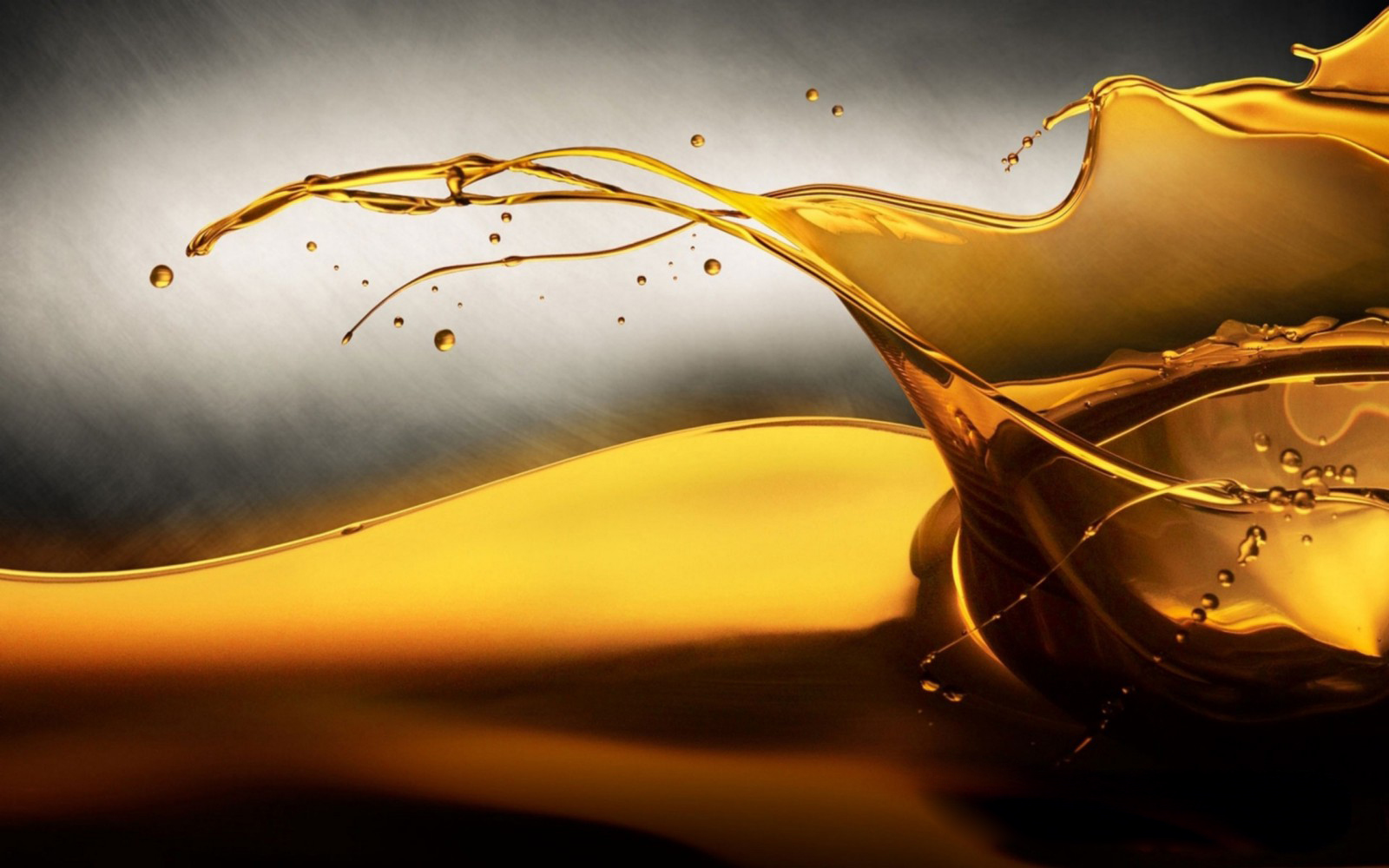The Different Types of Lubricant Additives and Their Uses

To develop high-performance lubricants that meet the requirements of the latest international standards and OEM specifications, it is essential to understand the role of additives and their function(s) within the lubricant.
Lubricant additives are organic or inorganic compounds that makeup about 0.1 to 30 percent of the finished lubricating oil, depending on the intended application of the lubricant. Three basic functions of additives are: to improve existing base oil properties, to suppress undesirable base oil properties, and to impart new properties to base oils.
With that, let us now take a look at the different types of lubricant additives available these days and their uses.
Viscosity Modifiers
These lubricant additives are designed to regulate the thickness of the oil so it will not be too thin or thick for the conditions that it's operating in. Depending on the temperature range of operation, you will want to choose an additive that offers just enough viscosity control without sacrificing too much lubrication coverage.
Anti-Wear Additives
Anti-wear additives, also known as anti-scuffing additives, are used to reduce wear between metal surfaces that are in contact with each other. These additives form a protective film on the metal surfaces, preventing them from coming into direct contact with each other. This helps to prevent metal-to-metal contact, which can cause wear, scuffing, and other forms of damage. Anti-wear additives are commonly used in engine oils, hydraulic fluids, and gear oils.
Rust Inhibitors
These types of lubricant additives prevent rust from forming on metal components by creating a barrier between them and the elements. As a result, rust inhibitors keep machines running longer and more reliably by preventing corrosion from taking hold.
Extreme Pressure Additives
These are used in high-pressure, high-heat applications and provide additional protection against wear and loss of metal during boundary lubrication conditions. By forming a protective film over metal surfaces, these additives can keep the machinery running smoothly without succumbing to the extreme conditions it's exposed to.
Corrosion Inhibitors
These additives protect machinery from corrosion, which can otherwise cause damage and reduce efficiency. By creating a barrier between the metal components and the environment, these inhibitors help keep your machine running optimally for extended periods of time.
Detergents
Detergent additives are used to keep deposits from forming on an engine's surfaces and other components, which can lead to wear, corrosion, and resinous build-up over time. They also help in keeping the lubricant clean, preventing dirt and carbon build-up that can cause damage or reduce efficiency.
Dispersants
The primary function of dispersants is to keep deposits finely suspended in the oil. They are mainly used in engine oil along with detergents to help keep engines clean and free of deposits. They prevent contaminants from clumping together and forming deposits, which can cause damage to the engine or other mechanical components.
Anti-Foam Agents
When air bubbles are present in a lubricant, they can cause cavitation within the system, which reduces efficiency and can even damage certain components. The anti-foam agents help prevent this by breaking down those bubbles before they can wreak havoc on your machinery.
The world of lubricant additives is vast, and deciding which additive is best for your product can be difficult. However, armed with the knowledge you have learned today, you should feel more confident when deciding which lubricant additive works best for you.
About Kemipex
Kemipex is a leading lubricant additives manufacturer in UAE. We manufacture high-quality lubricant additives and performance enhancers that are designed to meet the needs of a wide range of industries, including automotive, marine, construction, agricultural, mining, and more.
Write a comment